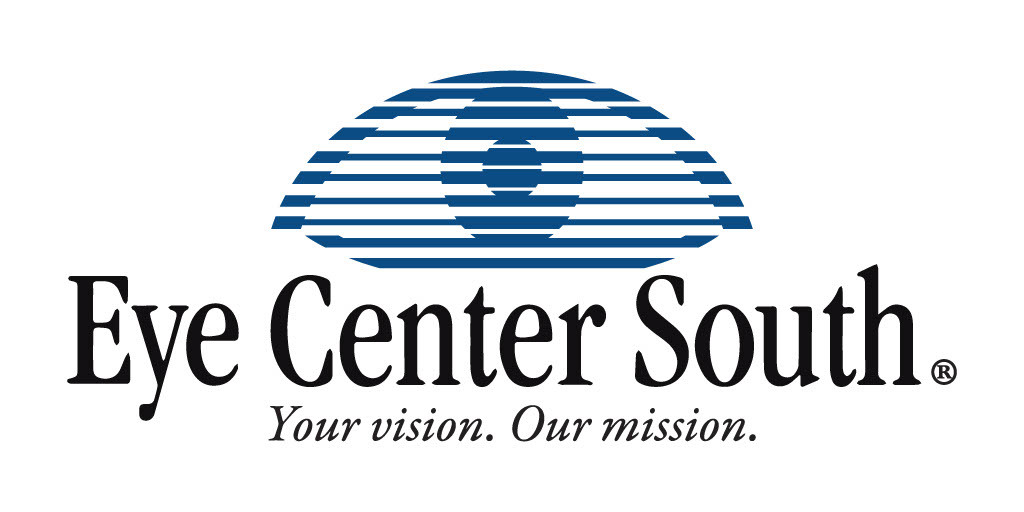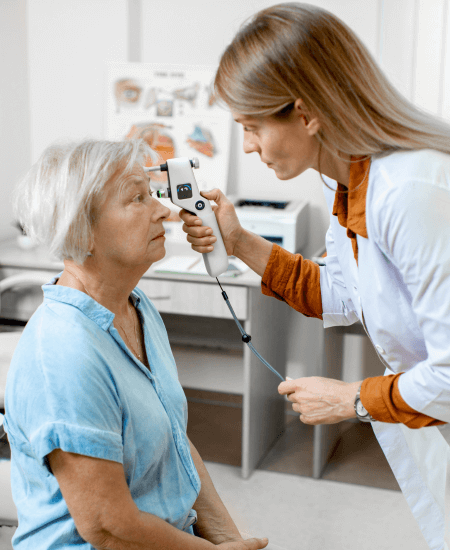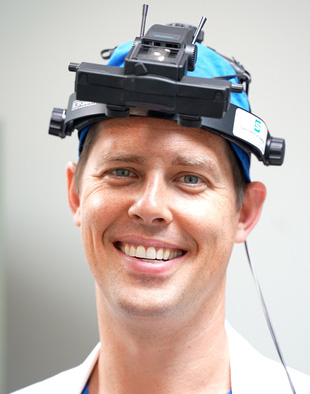How Diabetes Affects Eye Health
Diabetic Macular Degeneration predominantly affects people between the ages of 20 and 74. In the United States, this condition has been named the leading cause of blindness due to a disruption of blood flow to the eye. When the eye is lacking in blood supply the cells of the retina which are responsible for normal sight become damaged.
Damage to the retina due to insufficient blood flow is known as diabetic retinopathy. This condition is very common in those individuals who do not properly monitor and control their blood sugar levels. Studies have shown that 33% of all diabetics suffer from mild diabetic retinopathy while 10% of these cases severely threaten the patient’s vision.
Non-proliferative diabetic retinopathy is the term used to describe the early stages of diabetic retinopathy. During this phase blood vessels are weakened to the extent that they may bleed into tissues of the retina and cause swelling of the macula. The macula is the part of the eye that provides us with clear, detailed visual images. Any damage to this part of the eye can lead to macular oedema.
The later, more severe stages of diabetic retinopathy are known as proliferative diabetic retinopathy. When the retina is deprived of blood flow, it is also deprived of oxygen. This deprivation causes the retina to create new, even more fragile blood vessels in order to generate a greater blood supply. Unfortunately, these new vessels are extremely likely to rupture and cause even more swelling of the surrounding tissues of the retina. In some very severe cases this swelling can cause the retina to completely detach from the inside of the eye leading to blindness.
Symptoms of this condition may not appear in the earlier phases so it is very important that those who are at high risk of diabetic macular degeneration undergo regular screenings by an eye care professional to prevent unknown progression of this condition.
If you would like to contact one of the eye care specialists of Eye Center South to schedule your routine screening please call 334-793-2211.




